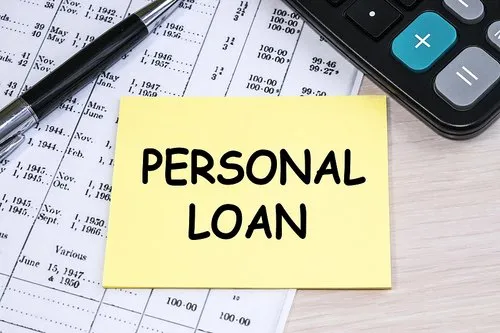Meet Yashika, a hardworking professional who always keeps her financial health in check. She has always been cautious with her expenses and never misses a payment on her credit card. But last year, an unexpected emergency drained all her savings, and she had to take a personal loan. Now that things have stabilised, Yashika wants to pay off her debt before the due date.
As she was going through the terms of her loan, she stumbled upon a term that caught her eye – the prepayment penalty for paying her loan before the decided tenure. Yashika is confused why she needs to pay a penalty even if she is closing the loan early. Let’s learn what this fee is, how it works, and its impact on you as a borrower.
Prepayment penalty on a personal loan | A brief overview
A prepayment penalty on a personal loan is an extra fee you have to pay if you settle the loan before its term concludes.
The purpose of the prepayment penalty revolves around protecting the lender’s interests. Lenders impose this fee as a way to recover some of the interest income they lose when you pay off the loan early.
How do lenders calculate this fee?
This fee can vary from one lending institution to another and often differs from loan to loan. Lenders might charge it as a flat sum or calculate it based on a certain number of months’ worth of interest. Also, in some situations, the prepayment is possible after a minimum prescribed period of loan ownership.
Loan agreement: Sections you should pay attention to
Your agreement for the personal loan contains all the terms and conditions related to prepayment penalties. Look for sections with titles such as “prepayment disclosure” or “early payoff fee.” Understanding these sections can offer you insights into how much the penalty would cost. If terms appear confusing, it helps to consult someone expert in this area.
Before opting for prepayment, carefully weigh the prepayment fee against interest savings. Read the loan agreement thoroughly and have a detailed discussion with the lender. This conversation helps you understand how much you will be charged if you choose to pay off the loan early. Also, some loans have a minimum ownership period before you can even consider prepayment. Hence, always pay attention to every word of your contract for any favourable adjustments regarding prepayment clauses.
How does a personal loan EMI calculator fit into the picture?
Before availing a personal loan, using an EMI calculator can be a wise step. This tool helps you know your equated monthly instalments (EMIs).
Simply open the personal loan EMI calculator and input the loan sum, interest rate, and repayment period after which you get a definite figure for your EMI. Knowing this information in advance helps in budget planning. Moreover, an accurate EMI calculation can help you avoid prepayment penalties. This is because if the EMI fits comfortably within your budget, you are less likely to settle the loan early, thus dodging extra fees.
Prepayment penalties: Boon or bane?
Paying off a personal loan early can be both a boon and a bane. While it frees you from debt quickly, the prepayment penalty might become a hurdle.
For the best outcome, check out lenders offering lenient prepayment policies and competitive interest rates so that you don’t get locked into a costly agreement. Tools like an EMI calculator can offer valuable insights into your repayment scheme. Remember, being debt-free earlier is always a relief, but it’s crucial to not fall into another financial burden.
